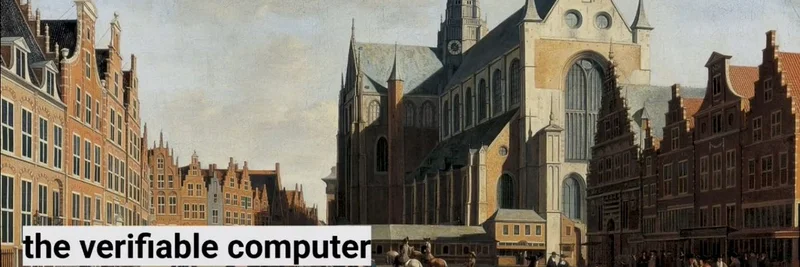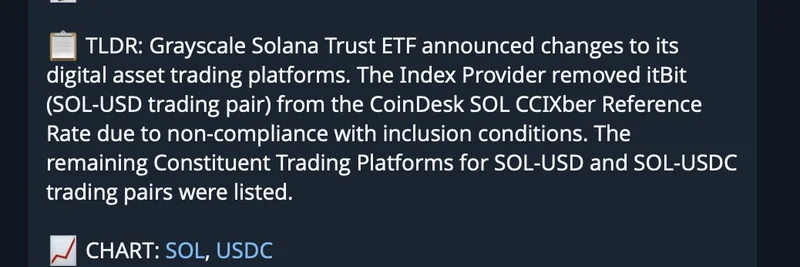In the fast-paced world of blockchain, Solana continues to make waves with its high-speed network that's become a hotspot for meme tokens and decentralized apps. Recently, a thread on X (formerly Twitter) from Brian Long, an entrepreneur and blockchain enthusiast, shed light on the inner workings of Solana's governance. Let's break down what he said and why it matters for anyone in the crypto space.
Brian Long's post (view the original thread) points out that a previous proposal to reduce Solana's inflation rate didn't pass because many validators were profiting from high commissions and voted against it. Inflation in Solana refers to the creation of new SOL tokens to reward validators for securing the network. Reducing it would mean fewer new tokens entering circulation, potentially increasing scarcity and value over time—but it also cuts into validators' earnings.
He suggests digging into the old votes to check if those "no" voters are still active on the network. If they've dropped off or their stakes have shifted, a fresh proposal might have a better shot. Long dismisses claims that newer proposals are just "cleaner" versions, arguing it's all about who benefits from the current reward system.
A reply from another Brian (no relation apparent) adds that any new attempt should go through Solana's updated framework, which includes native staker voting. This would let SOL holders who stake their tokens have a direct say, potentially balancing out validator influence.
Why This Matters for Meme Tokens on Solana
Solana's ecosystem is buzzing with meme tokens like those inspired by pop culture or viral trends. Lower inflation could stabilize the SOL price, making it more attractive for developers and traders building or flipping memes. But if validators block changes to protect their income, it could lead to higher selling pressure from rewards, affecting token values across the board.
For blockchain practitioners, this highlights the importance of governance in proof-of-stake networks. Validators aren't just tech operators; they're economic players with incentives that can shape the chain's future.
Looking Ahead
If enough inactive validators from the last vote are out of the picture, we might see renewed efforts to tweak inflation. Tools like Solana's explorer (check it out here) can help track validator status and past votes. In the meantime, stakers should stay informed—your voice could tip the scales next time.
This kind of transparency is what keeps communities strong, and it's a reminder that behind every blockchain decision, there's a human (or economic) element at play. If you're into meme tokens, keep an eye on Solana's governance; it directly impacts the playground where your favorites thrive.


